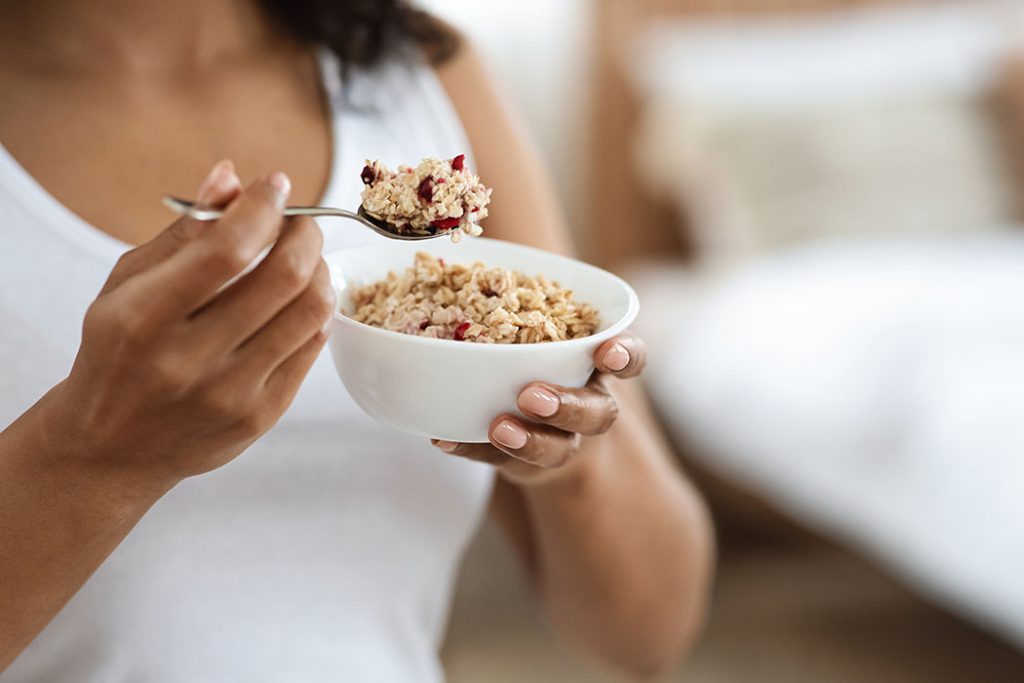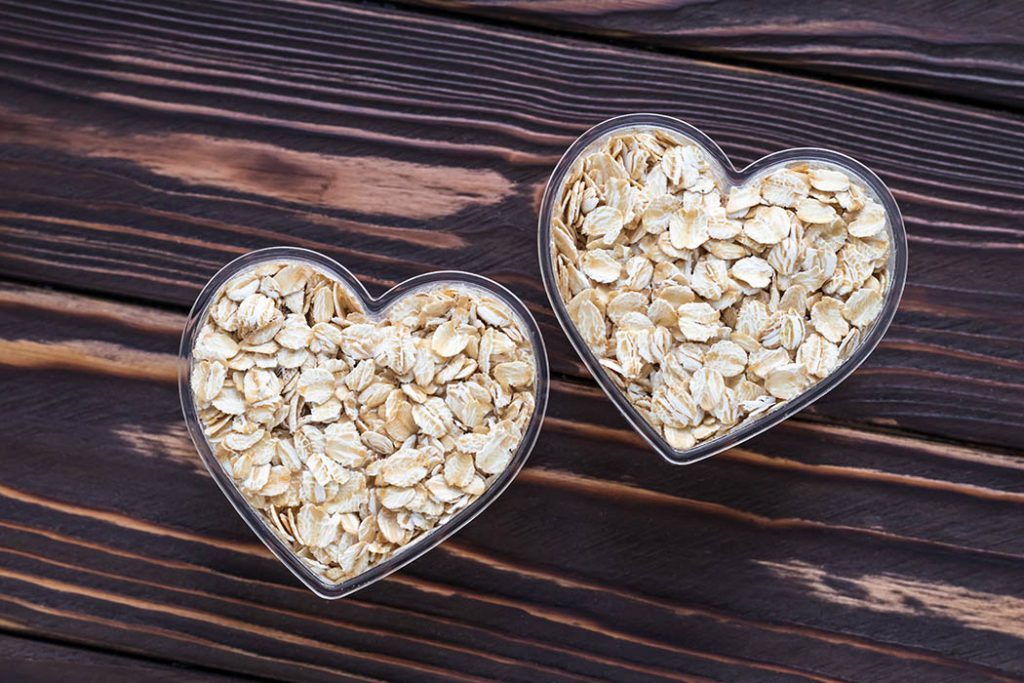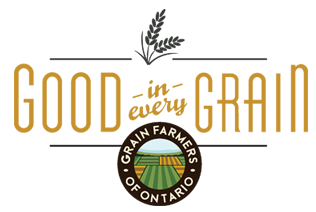Whole grains for heart health in women of all ages

How to improve heart health to reduce chances of heart disease and stroke by consuming whole grains
Heart disease and stroke are one of the leading causes of death among men and women and women are more disproportionately affected. Heart health in women is a serious topic regardless of their age.
Third more women die of stroke when compared to men, 53% of those living with the effects of a stroke are women, and women are 60% less likely to regain their independence after a stroke. Due to the adverse effects of heart disease and stroke on women, it is important to be conscious of heart health at any age.
Eating for heart health includes the consumption of whole grains. Whole grains can reduce the risk of developing heart disease. It has also been proven to lower cholesterol to reduce the risk of stroke.
What is heart disease?
Heart disease refers to what is really a group of conditions that affect the structure and functions of the heart. High blood pressure, high cholesterol, diabetes, obesity are all conditions that can lead to heart disease.
Learn more
Experts recommend eating 6 servings of grain per day, with at least 3 being whole grain to reduce a woman’s risk of heart disease and stroke. Don’t forget to also have a ¼ of your plate filled with whole grains at each meal.
Continue reading to learn about how whole grains can help protect women from heart disease and stroke through the many stages of their life.
Grains for heart health from ages 0-20:
Healthy eating habits start at a young age and continue well into adulthood. That is why it is crucial to start eating heart-healthy grains from a young age.
The more whole grains that are consumed at a young age, the leaner the woman may become. This can reduce the chance of developing diabetes and ultimately reduces the chance of heart disease and stroke.
Starting these healthy habits can begin with simple switches. Try swapping white bread for whole wheat, eating oatmeal for breakfast rather than sugary cereals, or substitute white rice for wild or brown rice and more.
Choosing whole grain alternatives early, can help establish a pattern that is sure to continue throughout a woman’s life.
Grains for heart health from ages 20-40:

During this time in a woman’s life there are many changes happening, from starting a career to starting a family and as such there are many different factors that contribute to the nutrient intake of a woman in this age range.
A large mistake made by women in this age range is that carbohydrates or carbs are cut out of their diets, in the hopes of losing weight. Weight can be managed by eating complex carbs that are known to slowly release energy and are high in fiber. Consuming complex carbs such as whole-grain toast, whole-grain pasta, rolled oats and hull barley can in fact help with weight management.
Eating whole grains to promote weight loss is linked to heart health by reducing blood pressure and having an overall healthier diet that is linked to the reduced risk of heart disease and stroke.
Fibre is a critical part of a woman’s diet in this age range. Fibre helps to maintain digestive health and will help to make women feel fuller longer, while also helping to keep their bodies regular.
“Although 90% of Canadians found fibre to be the most important nutrient to include their daily diet, only 65% ensure it’s included in their diet plans”.
Get fibre boosting recipesConsuming high-fiber foods have been linked to heart health, in terms of reduced blood pressure and inflammation. Whole grain foods are an excellent source of fiber to help improve heart health. Consuming high-fiber whole grains such as barley, wheat-flour, and wheat berries are an excellent way to increase a woman’s fiber intake to improve overall heart health.
Grains for heart health from ages 40-60:
As menopause become a reality for many women between the ages of 40 and 60, estrogen levels begin to decrease and as a result the chance of a heart disease and stroke increases. This is when a heart healthy diet becomes crucial.
Whole grain soy foods such as tofu are known to help to manage menopause symptoms and could become a key whole grain during this time.
Whole grains should be consumed daily to offset the increased risks that come with decreased estrogen from menopause.
Grains for heart health for ages 60+:
As age increases a woman’s muscle mass is known to decline. In a new study there was found to be a link between lower muscle mass and increased risk of heart disease and stroke. The consumption of protein can help to offset loss of muscle mass and in turn reducing the risk of heart disease and stroke.
Only 8% of Canadian seniors consume 4 or more grain-based products daily. This is a critical time for whole grain consumption, especially in women that are more prone to heart disease and stroke.

Consuming whole grains that contain lots of protein, such as oats, barley, cornmeal, and quinoa, is critical at this age to maintain muscle mass.
Additionally, caloric needs decrease as a woman ages, that is why a woman in this range should make her calories count. Meaning that the calories that are consumed should be packed with nutrients in order to maximize heart health to reduce risk of heart disease and stroke. Barley for example, is packed full of necessary nutrients like protein, iron, fibre, magnesium, riboflavin and can make very tasty dishes like risotto or stuffed peppers.
Choosing whole grains for heart health in women is very important regardless of age. By making small simple changes to your diet and lifestyle, you can help reduce your risk of heart disease and stroke. February is Heart and Stroke Awareness month, and the perfect time to start making those small changes. Choose whole grains this month to help reduce your risk of heart disease.



